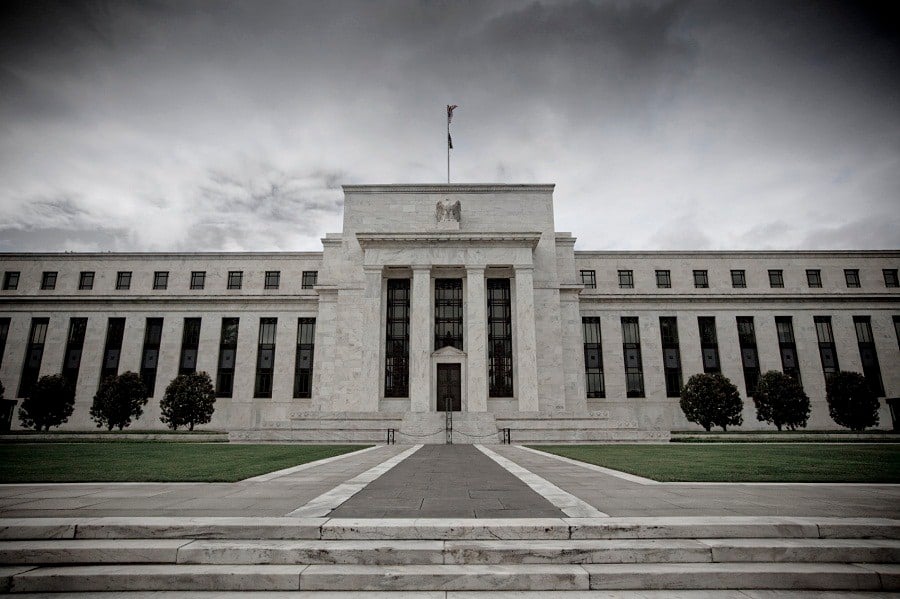

The Federal Reserve left its benchmark interest rate unchanged while signaling borrowing costs will likely stay higher for longer after one more hike this year.
The central bank’s policy-setting Federal Open Market Committee, in a post-meeting statement released Wednesday, repeated language saying officials will determine the “extent of additional policy firming that may be appropriate.”
The FOMC held its target range for the federal funds rate at 5.25% to 5.5%, while updated quarterly projections showed 12 of 19 officials favored another rate hike in 2023, underscoring a desire to ensure inflation continues to decelerate.
Fed officials also see less easing next year, according to the new projections, reflecting renewed strength in the economy and labor market.
They now expect it will be appropriate to reduce the federal funds rate to 5.1% by the end of 2024, according to their median estimate, up from 4.6% when projections were last updated in June. They see the rate falling thereafter to 3.9% at the end of 2025, and 2.9% at the end of 2026.
Yields on two-year US government bonds rose after the decision, while the dollar pared declines against major peers and the S&P 500 index of stocks erased earlier gains.
Fed Chair Jerome Powell will expand on the policy decision and the new projections at a 2:30 p.m. press conference.
After a historically rapid tightening that took the federal funds rate from nearly zero in March 2022 to above 5% in May of this year, the central bank has in recent months pivoted to a slower pace of increases.
The new tack seeks to let incoming data determine the peak level for interest rates as inflation decelerates toward the 2% target. The Fed’s preferred index of prices, excluding food and energy, rose 4.2% in the 12 months through July.
Officials also continued to project inflation would fall below 3% next year, and see it returning to 2% in 2026. They expect economic growth to slow in 2024 to 1.5% after an upwardly revised 2.1% pace in 2023.
The higher-for-longer projection for interest rates in part reflects a more sanguine view on the path for unemployment. Policymakers now see the jobless rate rising to 4.1% in 2024, compared with 4.5% in the June projection round.
Data published since the Fed’s last meeting at the end of July have generally shown the labor market and consumer spending remain resilient despite the rise in rates, while core inflation has continued to decelerate.
Still, there are plenty of headwinds policymakers must consider. Oil prices have surged by about 30% since June, while a resumption of student-loan payments next month will take more discretionary spending power out of consumers’ hands.
A possible government shutdown at the end of this month is also looming over the outlook and threatens to deprive policymakers of key data on employment and prices produced by federal agencies heading into the next Fed meeting Oct. 31-Nov. 1.
“We will assess our progress based on the totality of the data and the evolving outlook and risks,” Powell said in Aug. 25 remarks in Jackson Hole, Wyoming. “We will proceed carefully as we decide whether to tighten further or, instead, to hold the policy rate constant and await further data.”

Executives from LPL Financial, Cresset Partners hired for key roles.

Geopolitical tension has been managed well by the markets.

December cut is still a possiblity.

Canada, China among nations to react to president-elect's comments.

For several years, Leech allegedly favored some clients in trade allocations, at the cost of others, amounting to $600 million, according to the Department of Justice.
Streamline your outreach with Aidentified's AI-driven solutions
This season’s market volatility: Positioning for rate relief, income growth and the AI rebound
